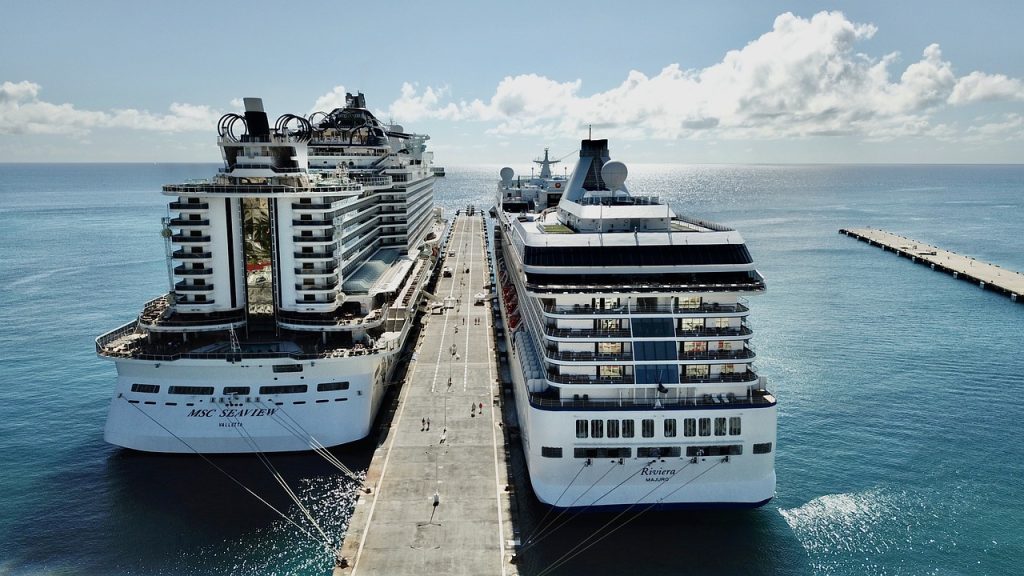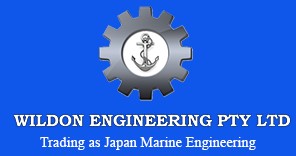The Different Types of Anti-Fouling Systems for Marine Vessels
Blog | November 14th, 2024
Marine anti-fouling systems from Japan Marine, Australia’s trusted global distributor, offering effective solutions to protect vessels from biofouling.
Anti-fouling systems are essential for maintaining the performance and efficiency of marine vessels by preventing the accumulation of harmful marine organisms on their hulls. With various types available, including copper-based, biocide-based, and eco-friendly solutions, vessel owners must carefully consider their options.
Types of Anti-Fouling Systems
Marine vessels are susceptible to bio-fouling, where marine organisms like barnacles, algae, and mussels attach to the hull. This accumulation can lead to increased drag, reduced speed, and higher fuel consumption, which ultimately affects performance and operational costs. To combat these issues, various anti-fouling systems have been developed, including:
• Copper-Based Anti-Fouling Systems: Copper-based anti-fouling systems are among the most commonly used solutions. These paints release copper ions into the water, which are toxic to many marine organisms. Available in various formulations, these paints can be effective for multiple seasons. However, there are environmental concerns regarding copper leaching, leading to stricter regulations in certain regions.
• Biocide-Based Anti-Fouling Systems: Biocide-based anti-fouling systems utilise various chemical compounds to prevent fouling. These systems can be effective against a wide range of organisms, including barnacles and algae. The effectiveness of these systems can vary based on water temperature, salinity, and the specific biocides used. While they provide immediate protection, vessel owners must consider the potential environmental impacts of these chemicals.
• Hard Anti-Fouling Systems: Hard anti-fouling paints are designed to create a hard, durable coating on the hull. They are less likely to wear off during operation compared to softer coatings. This type of system is often recommended for vessels that operate at higher speeds, as the hard surface can reduce drag and maintain efficiency. However, they require proper application and preparation to ensure maximum effectiveness.
• Self-Polishing Anti-Fouling Systems: Self-polishing anti-fouling systems contain polymers that gradually erode in the water, releasing biocides over time. This action not only reduces fouling but also maintains a smooth surface, minimising drag. These systems are popular among commercial vessels and yachts as they provide long-lasting protection and can be effective for multiple seasons. However, they may be more expensive than traditional anti-fouling paints.
• Natural and Eco-Friendly Anti-Fouling Systems: With growing environmental concerns, there has been a rise in the development of natural and eco-friendly anti-fouling systems. These systems use non-toxic ingredients derived from natural sources to prevent fouling. They are less harmful to marine life and are becoming increasingly popular among environmentally conscious boat owners. However, their long-term effectiveness and durability can vary, and some may require more frequent reapplication.
• Mechanical Anti-Fouling Systems: Mechanical systems involve the use of physical barriers or technologies, such as ultrasonic devices, to deter fouling organisms. These systems work by creating vibrations or sound waves that disrupt the settling of marine life on the hull. While they are still being developed and tested, mechanical anti-fouling systems offer a promising alternative to traditional chemical methods.
Selecting the right anti-fouling system is essential for maintaining a vessel’s performance while considering environmental impacts. Wildon Engineering trading as Japan Marine Engineering prides itself on providing a wide range of anti-fouling systems for marine vessels. By choosing the right system for your vessel, you can help prevent marine fouling and reduce maintenance costs.
Optimized by NetwizardSEO.com.au
Recent Posts
- Yanmar Marine Compressors: Applications in Engine Starts, Valves, and Safety Systems
- Water vs Oil in Stern Tube Bearings: The Cost & ESG Truth Shipowners Can’t Ignore
- Yanmar Turbochargers: How Correct Spec-Matching Supports Lower SFOC and Prevents Surge
- Yanmar Diesel Generators: Planned vs Predictive Maintenance Strategies for Remote Operations
- Mareflex SOLAS Marine Tapes: Safety Applications on Marine Vessels
- Yanmar Propulsion Systems: FPP vs CPP Propellers for 6EY and 6N Series Fuel Efficiency
- Mitsubishi K.K. Purifier Separator: The Key to Cleaner Fuel and Smoother Operations
- Kemel Air Seal Retrofits: Leak-Free Stern Tube Seals and Reduced Lube-Oil Risk
- Yanmar Auxiliary Generators: Sizing for Reefers, Hotel Loads, and Dynamic Positioning Systems
- Water Lubricated Stern Tube Bearing (EVR): Proven Technology for Smooth and Quiet Operations
